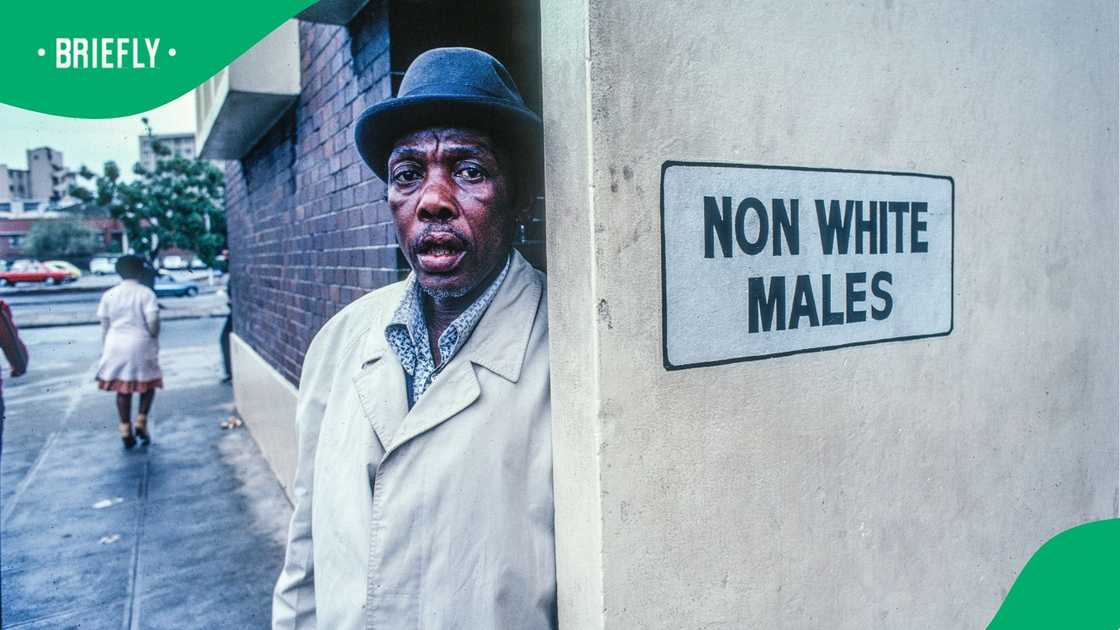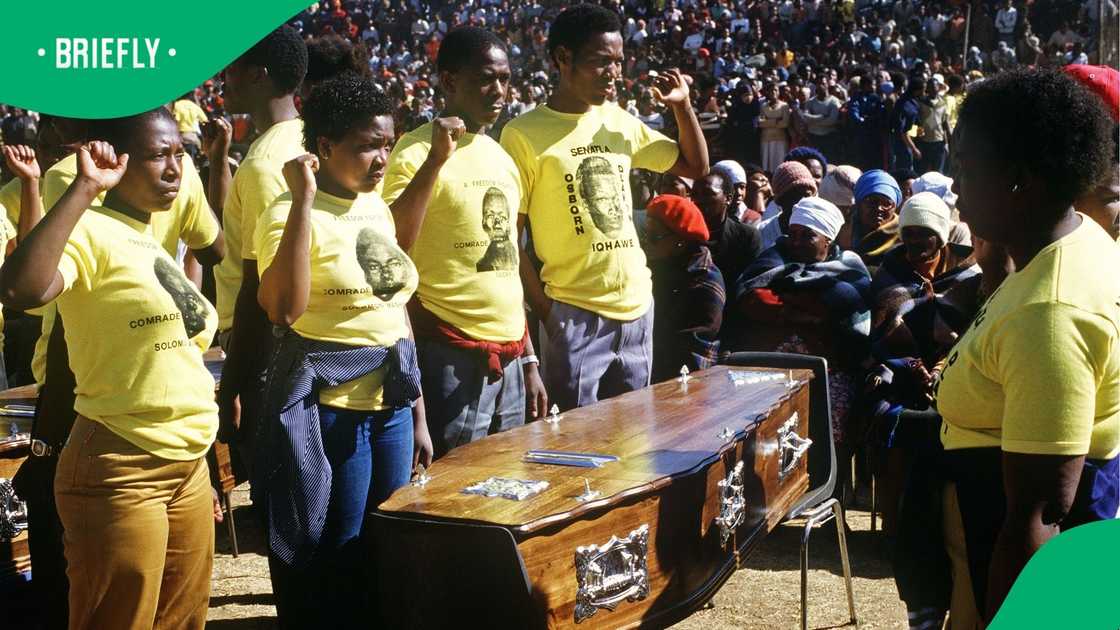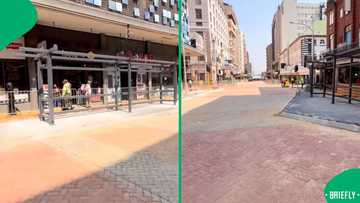IHOM Warns South Africa's Reconciliation Dialogues May Fail Without Addressing Apartheid Trauma
- The Institute for Healing of Memories has expressed concern that the nation’s highly anticipated reconciliation dialogues could fall short
- The Institute for Healing of Memories said that the unresolved trauma from the violent apartheid era need to be addressed
- The IHOM has committed more than 25 years to fostering safe spaces for the nation to process personal and collective pain
Don't miss out! Join Briefly News Sports channel on WhatsApp now!
The Institute for Healing of Memories (IHOM) has warned that South Africa’s widely promoted national dialogues on reconciliation are unlikely to succeed unless the unresolved trauma from the violent apartheid era is addressed.

Source: Getty Images
What did the IHOM say?
Founded in 1998 as a parallel platform to the Truth and Reconciliation Commission (TRC), IHOM has spent more than 25 years providing safe spaces for South Africans to confront both personal and collective wounds.
The organisation has focused on healing the psychological and emotional scars left by apartheid and other forms of violence and oppression. Its mission is to create a safe, supportive environment where individuals and communities can share their stories, confront their pain, and work toward reconciliation.
PAY ATTENTION: stay informed and follow us on Google News!
Father Michael Lapsley, the founder of the Institute for Healing of Memories (IHOM), emphasised that unresolved trauma cannot simply be ignored. He explained that past wounds silently influence families, communities, politics, and the economy, and without deliberate healing, the pain of history carries forward.
Since its founding, IHOM has reached over half a million people through workshops, counselling sessions, and dialogue initiatives. Its programmes have supported a wide range of participants, including survivors of gender-based violence, refugees, prisoners, ex-combatants, and individuals living with HIV and AIDS.
Xenophobic violence
Lapsley pointed to the ongoing crisis of gender-based violence as a reminder of South Africa’s unresolved wounds. He said breaking the cycle of dehumanisation is vital, noting that unhealed trauma can transform victims into perpetrators and risk passing pain to future generations.
The institute also highlighted xenophobic violence as a recurring societal scar, referencing attacks in 2008, 2015, and 2019, which displaced thousands and damaged South Africa’s Pan-African identity. IHOM warned that without confronting and healing these wounds, the nation risks repeating patterns of violence and exclusion.

Source: Getty Images
Scars of apartheid
Experts and health researchers have supported IHOM’s warning, saying that trauma is not merely a political concern but also a pressing public health issue. According to the South African Stress and Health Study, over 80% of South Africans experience at least one traumatic event in their lifetime, with many suffering from post-traumatic stress disorder (PTSD).
The study indicates that the psychological scars of apartheid extend beyond those who directly experienced it, quietly affecting subsequent generations and increasing their susceptibility to psychiatric disorders.
Lindiwe Zulu blames apartheid for Gauteng city’s worst blaze
In another article, Briefly News reported that the Johannesburg fire that claimed 70 lives in the CBD still has South Africa in turmoil over the aftermath.
Social Development Minister Lindiwe Zulu spoke to the media about the tragedy, but her response was not received well. Former DA leader Mmusi Maimane and other South Africans voiced their disagreement about Lindiwe Zulu pointing a finger at apartheid.
PAY ATTENTION: Follow Briefly News on Twitter and never miss the hottest topics! Find us at @brieflyza!
Source: Briefly News



